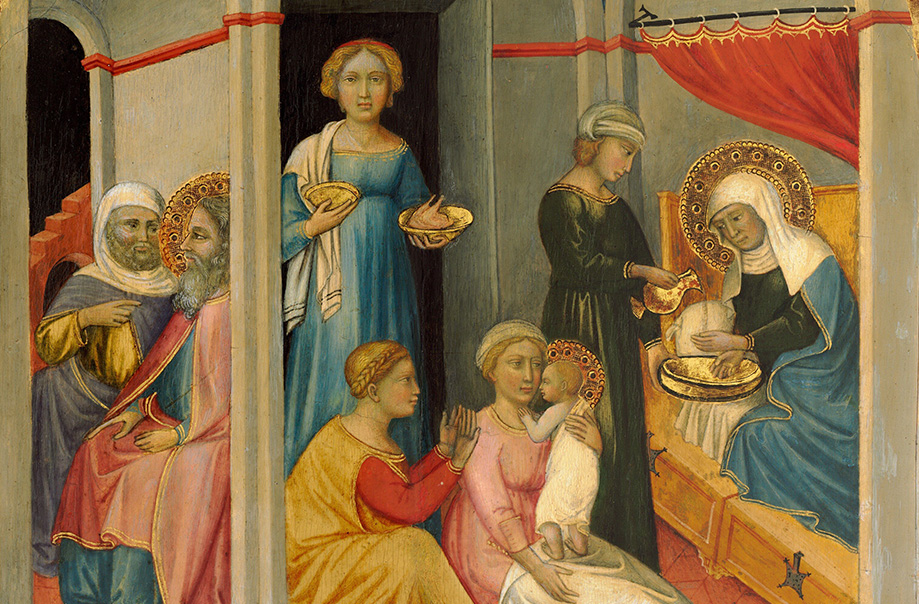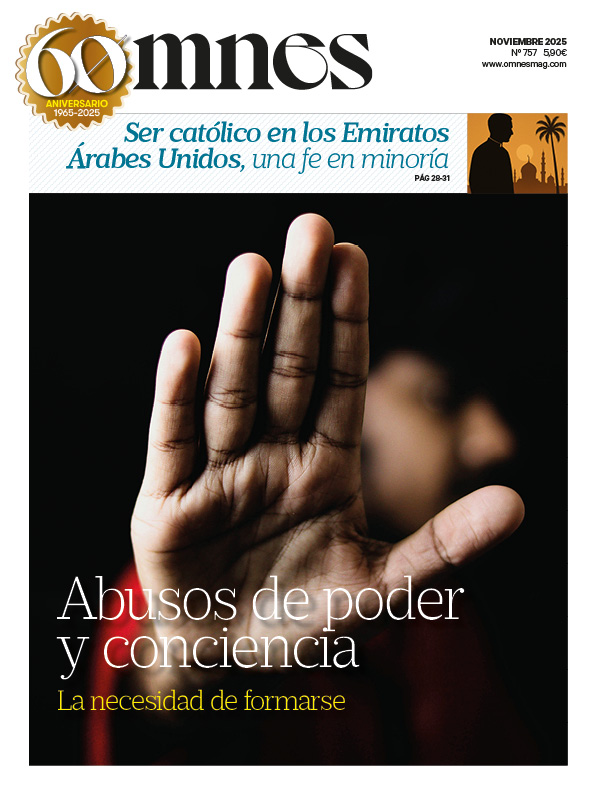In the Bull of Convocation of the Jubilee of Hope in 2025, Pope Francis recalled that this event would take place during the celebrations of the Council of Nicaea: “It also coincides with the anniversary of the Council of Nicaea, which was held in the year 325. With this remembrance we Catholics show our gratitude to the Lord for those conciliar sessions... which have fixed the teachings revealed in the Word of God and which are synthesized in the truths that we recite or sing in the Creed” (“Spes non confundit”, n.17).
Indeed, the consolidation of hope has been the key to this Jubilee year that we are celebrating in the universal Church and we cannot forget that the foundation of hope is rooted in the grace of God that has been poured out in baptism under the invocation of God the Father, God the Son and God the Holy Spirit.
Theological controversies
First of all, we must refer to the theological disputes that arose from the fourth century onwards in the Church, that is, as soon as the “so-called intellectuals” came into contact with the Christian revelation and became aware of the first expositions of the faith: catechesis, the symbol of the apostles and Christian apologies.
Let us also remember that in 313 Constantine allowed the Church to obtain a charter and to possess juridical personality, and countless people asked to be baptized.
The Church Fathers of this period emphasized how this massive influx of new faithful without careful preparation and, above all, with few clergy to assist them on the path to baptism, produced a drop in tension in the Church.
Here we have the origin of the double movement that developed throughout the Catholic Church at both ends of the Mediterranean, in whose basin the Christian faith had grown and expanded. On the one hand, the monastic life that led thousands of men and women to live a life of identification with Christ, imitating him in the days he spent in the desert in preparation for his public life. A path of holiness that had three phases: the anchorites, the cenobitic life and the monasteries. This path of holiness endures in our time in very varied forms that have a common trunk with the desert fathers.
We should immediately recall the thousands of men and women who, as Origen and other apologists told us, remained celibate in the bosom of society, dedicated to work, family life and the exercise of charity in apostolic celibacy or as fathers and mothers of a Christian family in fullness of love. St. Josemaría pointed out, however, that this way of life of many Christians “ended up being forgotten as a result of not living it.
Within the framework we have just outlined, we now wish to present the problem of the theological disputes that arose within the Catholic Church in the fourth century, as soon as institutional normality was achieved.
The Trinitarian problem
The first question raised by the pagan priests and even by the rabbis and doctors of the law converted to Christianity, i.e. the “intellectuals” of that period, was how to reconcile the uniqueness of God with the presence of the theophanies of the New Testament, the identification of Jesus Christ with his Father and the undeniable presence of the Holy Spirit not only in the theophanies mentioned but also in the Acts of the Apostles and in the daily life of the Church.
Thus, it was a matter of reconciling the trinity of persons with the unity of nature. Basically, the central arguments of the Treaty of Trinitate in which everyone believed and had grown in faith and in the life of faith, needed to be made explicit.
The Christological question
The second great question would be how to combine the two natures of Christ, the divine and the human, in the one person of Jesus Christ. Let us not forget that since the spread of the heresy of Manes, the idea of one God of good and another of evil was very widespread, which was rejected by anyone who thought a little about the divine substance.
Theological discussion moved from the scientific and specialized sphere to the simple people and the street, thanks, for example, to the catchy songs of Arius, and open discussions became public and passionate.
The Virgin Mary
Finally, let us remember the figure of Nestorius, Patriarch of Constantinople (428-431), who raised another very delicate question. In his opinion it was convenient to call the Blessed Virgin “Mother of Christ” instead of “Mother of God” lest some ignorant people think that the Virgin was God.
Here are some words of St. Josemaría commenting on this theological discussion and the solution it provoked at the Council of Ephesus: ”This has always been the sure faith. Against those who denied it, the Council of Ephesus proclaimed that «if anyone does not confess that Emmanuel is truly God, and that for this reason the Blessed Virgin is the Mother of God, since she begot the Word of God incarnate according to the flesh, let him be anathema».» (Council of Ephesus, can. 1, Denzinger-Schön. 252). History has preserved for us testimonies of the joy of the Christians before these clear, clear decisions, which reaffirmed what everyone believed: «the whole people of the city of Ephesus, from the early hours of the morning until the evening, remained anxiously awaiting the resolution... When it was known that the author of the blasphemies had been deposed, all with one voice began to glorify God and to acclaim the Synod, because the enemy of the faith had fallen. As soon as we left the church, we were accompanied by torches to our homes. It was night: the whole city was joyful and illuminated» (St. Cyril of Alexandria, Epistolae, 24 (PG 77, 138). Thus writes St. Cyril, and I cannot deny that, even at a distance of sixteen centuries, that reaction of piety impresses me deeply”.
Undoubtedly, these words highlight how devotion to the Virgin was always based on considering her as Mother of God and mother of men, and on this maternal privilege the other Marian titles and privileges were based, as the Dicastery for the Doctrine of the Faith recently recalled.
Member of the Academy of Ecclesiastical History. Professor of the master's degree in the Causes of Saints of the Dicastery, advisor to the Spanish Episcopal Conference and director of the office of the Causes of Saints of Opus Dei in Spain.








